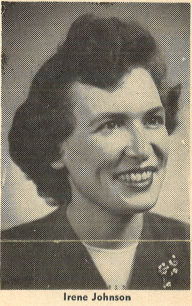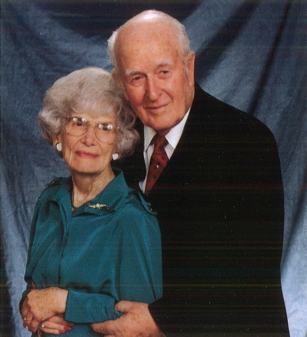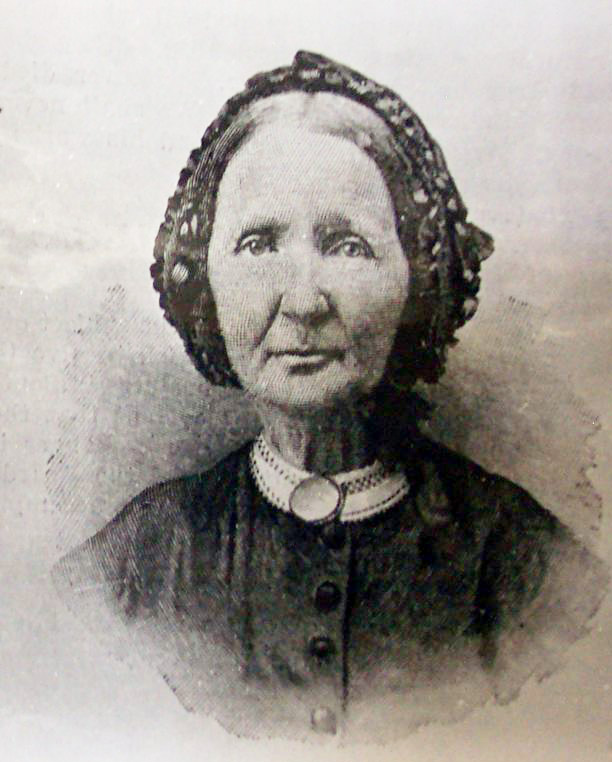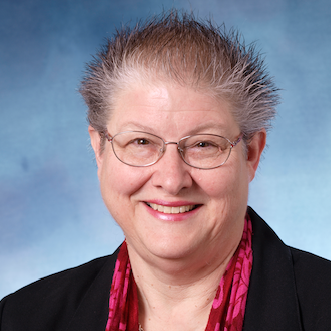Today’s post was written by student archive assistants Jeaniece Silas and Sarah Dillinger. Jeaniece Silas is a Senior Social Work major and child and family services minor from Fort Worth, Texas. She has been working in Special Collections for three years. Jeaniece enjoys processing collections and finding out historical information while working in Special Collections and hopes to pursue a career in social work when she graduates. Sarah is a Senior Social Studies major from Pittsburgh, Pennsylvania. She has been working in Special Collections for three years. Sarah enjoys the research and connections she makes while working in Special Collections and hopes to pursue a career in history teaching when she graduates.
If you missed the first two parts of this series on the Foremothers of the Faith you can catch up here and here.
Foremothers of the Faith: Tennessee Women
Dr. Berryhill’s research also included other influential women in the Stone-Campbell movement in addition to the Campbell women. When she presented at the Harding University Lectureship, one of her sessions was over Tennessee women of faith, which included Sarah Andrews and Annie Tuggle. Both women were born in Tennessee, but Sarah Andrews moved to Japan and was significant to the churches there whereas Annie Tuggle stayed and impacted churches in Tennessee.
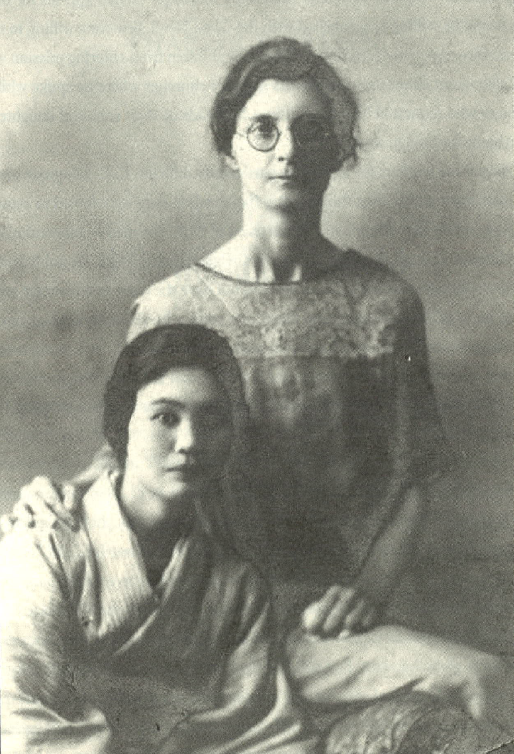
Sarah Andrews and her helper O’lki Naemura, photograph courtesy of Bettie Lundy. Miller, Messengers of the Risen Son in the Land of the Rising Sun (Leafwood, 2018): 129.
Over fifty women in Stone-Campbell movement were missionaries in Japan and their stories are recorded in the book Servants of the Risen Son in the Land of the Rising Sun (Japan) by Bonnie Miller. One of the women mentioned in the book was Sarah Andrews. Sarah Andrews was born on a farm near Dixon, Tennessee in 1892. At the young age of 12, she met missionary Kate Johnson from Japan while Kate was on furlough. At the age of 17, Sarah met J.M. McCaleb and decided to go to Japan as soon as she was able. In 1915, at age 23, she sailed to Japan where she spent most of her life planting churches and evangelizing to the Japanese. In 1941, she was arrested after refusing to leave Japan during World War II. Sarah’s sister, Myrtle was in the U.S. and was worried about Sarah’s safety. Myrtle gave Sarah’s address to every U.S. soldier she invited over to her house and pleaded that they find her if they were stationed over in Japan. Four years after being arrested, American Forces found Sarah and she returned to the U.S. to recover. Upon arriving in the U.S., Sarah weighed 78 pounds because she was living off of grasshoppers while imprisoned in Japan. In 1949, four short years after returning to the U.S., Sarah went back to Japan. In 1961, at the age of 69, Sarah passed away in her home in Japan after suffering a stroke. She was buried in Numadzu, Japan. Sarah left behind her legacy which includes establishing four churches during her time as a missionary.
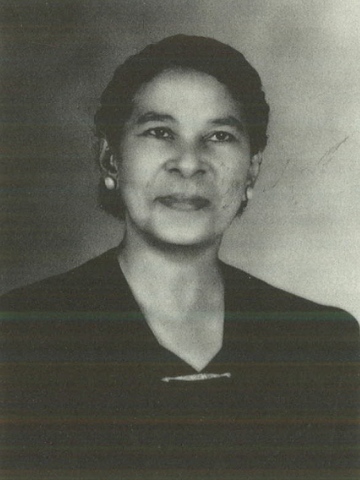
Annie C. Tuggle, from Robinson, I Was Under a Heavy Burden (ACU Press, 2011): 17
Another women that was influential in the Christian Movement was Annie Tuggle. Annie was born in 1890 in Germantown, Tennessee. As a teenager she ran away to pursue her education at a teacher school which her Aunt helped her pay for. Religious men such as Marshall Keeble and J.P. Bousier played a very influential part in her life throughout the years of her schooling and early professional life. She went back to school and received her high school diploma at the age of 35, and later obtained a college degree from Tennessee A&I State College. Throughout Annie’s life she served in many roles specifically as a teacher, author, and church leader despite her being divorced within the prejudices of the time period. She wrote the first directory for African American Churches of Christ called Our Ministers and Song Leaders of the Church of Christ in 1945. In a span of 6 years, between 1964-1971, she went on mission trips to Jamaica, the Bahamas, and Haiti. She and her sister worked at selling insurance so that in 1973 she had enough money to publish her autobiography, Another World Wonder. Shortly thereafter in 1976, At the age of 85 she passed away in Perris, California.
These two women were very influential throughout their lifetime and are still prominent to many today. The Campbell women, Tennessee women and the others that were mentioned throughout the previous blog posts are truly foremothers of faith. However there are questions to consider. . . Will we see more women of faith writing and will their testimonies be published? Will women write in scholarly ways, or inclusively about other women? Will women’s writings be considered feminine literature? In what ways will more women contribute to scholarly literature?
Works cited:
Casey, Michael W. (1995) “Annie Tuggle: Historian and Educator for Black Churches of Christ,” Leaven: Vol. 3 : Iss. 2 , Article 16.
Find A Grave, database and images (https://www.findagrave.com : accessed 21 December 2018), memorial page for Annie Clay Tuggle (22 Dec 1890–Jun 1976), Find A Grave Memorial no. 131790391, citing Easthaven Cemetery, Capleville, Shelby County, Tennessee, USA ; Maintained by Tom Childers (contributor 46515204) .
Tuggle, Annie C., “Our Ministers and Song Leaders of the Church of Christ” (1945). Stone-Campbell Books. 238.

